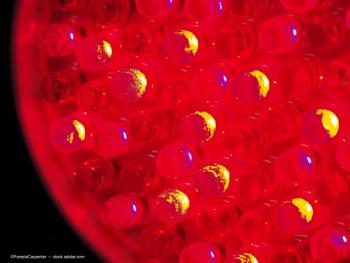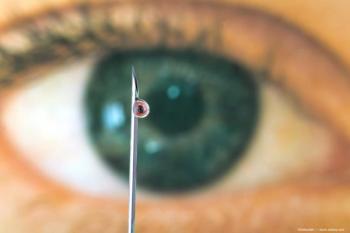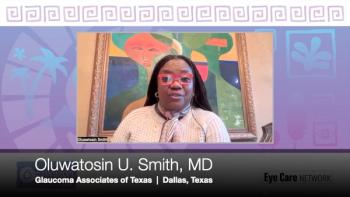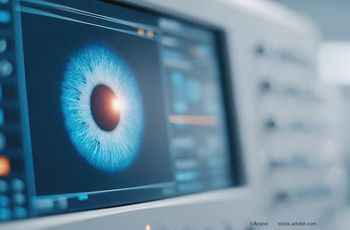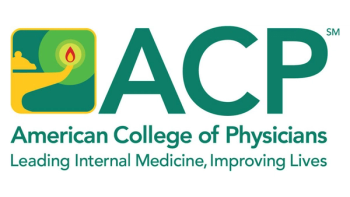
Nutraceutical with lutein offers expanded health potential
Norfolk, VA-A new formulation of the oral nutraceutical HydroEye featuring added lutein (HydroEye Plus Lutein, ScienceBased Health) acknowledges the potential benefits of dietary manipulation on ocular disease, emphasizes prevention, and improves cost-effectiveness and compliance for patients, said John D. Sheppard, MD.
Norfolk, VA-A new formulation of the oral nutraceutical HydroEye featuring added lutein (HydroEye Plus Lutein, ScienceBased Health) acknowledges the potential benefits of dietary manipulation on ocular disease, emphasizes prevention, and improves cost-effectiveness and compliance for patients, said John D. Sheppard, MD.
Each capsule of HydroEye Plus Lutein contains 1.5 mg of FloraGLO lutein plus the same mixture of omega-3 and omega-6 fatty acids, antioxidant vitamins, and proprietary mucin complex found in the original HydroEye supplement developed for dry eye.
"The effects of increasing lutein ingestion are likely to be seen over the long term, and so studies to demonstrate value would be difficult to design, maintain, and complete. However, we did see the successful com-pletion of a dietary study with the Age-Related Eye Disease Study (AREDS), and I would be very surprised if a well-designed study did not show benefits of lutein supplementation, either as a single component or in a combination, for improving the prognosis of patients with specific forms of AMD," he noted.
In his own practice, Dr. Sheppard recommends lutein supplementation together with dietary manipulations to patients with advanced dry AMD, persons with a strong family history of macular degeneration, and for anyone with exudative disease.
Lutein supplementation might also be beneficial for preventing age-related lenticular changes considering that it is also found in high concentration in the crystalline lens. However, clinical trial demonstration of efficacy of lutein supplementation for modulating the development of visually significant cataracts likely presents an even greater challenge given available measurement techniques.
"Despite the Lens Opacity Classification System devised by Leo Chylack, MD, it is very difficult to precisely quantify lenticular changes, and that limitation would be a confounding factor in demonstrating a benefit for nutritional intervention," Dr. Sheppard said.
Value for dry eye Dr. Sheppard recommends HydroEye as part of his multifaceted approach to management of ocular surface disease. A trial with the topical anti-inflammatory agent cyclosporine (Restasis, Allergan) to control T-cell activation has become the centerpiece for virtually all patients with moderate to severe dry eye. Elimination of deleterious medications when possible and conservation strategies, including punctal occlusion and environmental manipulations, are other important components.
However, on top of those strategies, nutritional supplementation with HydroEye is particularly beneficial for improving the lipid component of the tear film layer.
Newsletter
Don’t miss out—get Ophthalmology Times updates on the latest clinical advancements and expert interviews, straight to your inbox.


